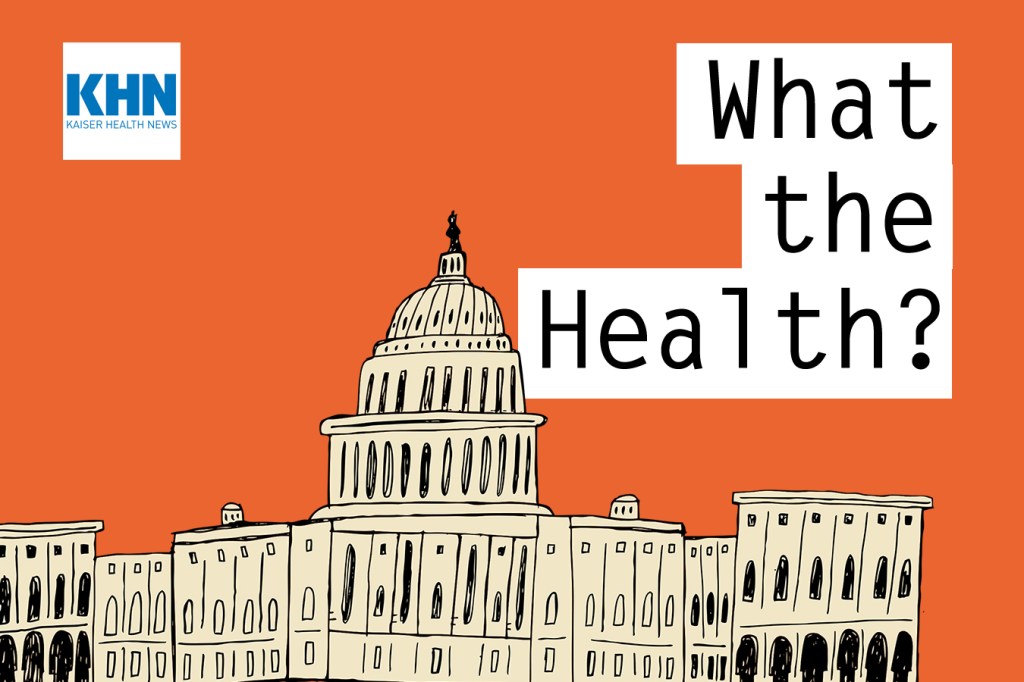Last month, the University of Pittsburgh Medical Center (UPMC) announced they will be the first health system to offer their own travel staffing agency — UPMC Travel Staffing. This could not have come at a more appropriate time. Hospital staffing shortages are at the forefront of national attention as healthcare workers leave the field in record numbers and the Omicron surge further weakens hospital capacity. Even before Omicron, healthcare workers at Kaiser Permanente and Catholic Health, in addition to UPMC, were striking against stagnating wages amidst pandemic burnout and staffing shortages. Meanwhile, travel agencies have become popular among nurses in recent years, allowing nurses to travel to healthcare facilities across the U.S. and earn stipends and significantly higher hourly rates in areas of heightened demand.
The official purpose of UPMC Travel Staffing is to “rely less on outside agency staff and empower UPMC employees who would like to travel to UPMC hospitals across Pennsylvania, Maryland, and New York — wherever and whenever the need is greatest.” Essentially, it is a system-owned travel staffing agency that offers 6-week stints at a set of limited locations owned by the health system. The staff will be UPMC employees and will be exclusively deployed at UPMC locations. UPMC Travel Staffing is set to be the Goldilocks of healthcare labor flexibility. Not as narrow as traditional nurse “floaters” who rotate among departments within a single hospital, but not as broad as travel nurse agencies that send staff all across the country.
This move makes sense for UPMC. Through their own agency, UPMC can hire two nurses or techs for the price of one externally-contracted staff member. They can guarantee a flexible safety net of labor and allocate staff efficiently. In the case of extreme shortages, they can even continue to utilize external agencies, unless they are consequently barred from using them as a result of their in-house competition. Furthermore, in an era when labor shortages exist across the healthcare industry, the in-house agency may provide a competitive advantage in the recruitment and retention of scarce healthcare workers, as Jared Dashevsky proposes.
The in-house staffing agency represents an excellent opportunity for healthcare workers too. The benefits of travel nursing — increased pay, short commitments, ability to travel (albeit in a somewhat more limited manner) — still exist. However, limiting travel to a system’s region of coverage offers a more sustainable lifestyle for workers with families and other location-dependent commitments. This model also makes it more feasible for employees to pursue advanced degrees. Beyond enabling employees to strategically take on shifts at times and locations amenable to their academic programs, UPMC plans to offer tuition assistance. Having been raised in UPMC’s area of coverage, I know several early-career nurses who will be jumping at the opportunity to join UPMC Travel Staffing.
The in-house model also facilitates more efficient transitions between travel shifts. Standardized processes and consistent electronic health records will allow travel staff to seamlessly move from location to location. With established locations and a defined surge staff, the health system can be nimbler in scaling-up staff in response to seasonal needs or future pandemics. One can imagine how a travel nurse, after years of exploration as part of the staffing agency, will become comfortable at specific locations and grow social networks across the system. Not only will this familiarity lead to more efficient travel shifts, but it encourages travel staff to find their niche (geographically, professionally, socially) in the system, thereby presenting a natural opportunity to become permanent staff in a location where they are likely to remain.
Of course, there are some potential downsides to the program. For workers, there is the risk that the health system (employer) gains too much power in the employment relationship, forcing employees into endless travel shifts without worker input. After all, in-house staffing agencies do represent a trend toward further health system (labor) consolidation. Some fear healthcare labor consolidation gives health systems too much power over healthcare workers, so much so that the Federal Trade Commission (FTC) is including it in its antitrust calculations.
There are also risks to patients, as travel staffing may come at the expense of traditional full-time jobs. In this scenario, health systems may allocate their already scarce staff in a way that creates slight shortages at locations across-the-board as a cost-saving mechanism. Fragmented part-time work might undermine the efficiency that comes with working in the same role with the same people over time. If part-time travel staffing is allowed, it may present a more attractive work option that ultimately decreases the overall healthcare labor supply. Lastly, there is the chance that in-house travel agencies pull labor supply from smaller, less attractive hospitals and clinics.
Overall, in-house travel staffing agencies represent another powerful way in which large health systems can further leverage their consolidated footprints. The decision by UPMC to create their own in-house travel staffing agency was a no-brainer on the health system’s part. Other large health systems should — and likely will — follow suit.
Logan Cho is a medical student at the Icahn School of Medicine, co-leader of the Health Policy Program at Mount Sinai, and an advisory board member of MedPage Today‘s “The Lab.”
Note: This article have been indexed to our site. We do not claim legitimacy, ownership or copyright of any of the content above. To see the article at original source Click Here












.jpeg)